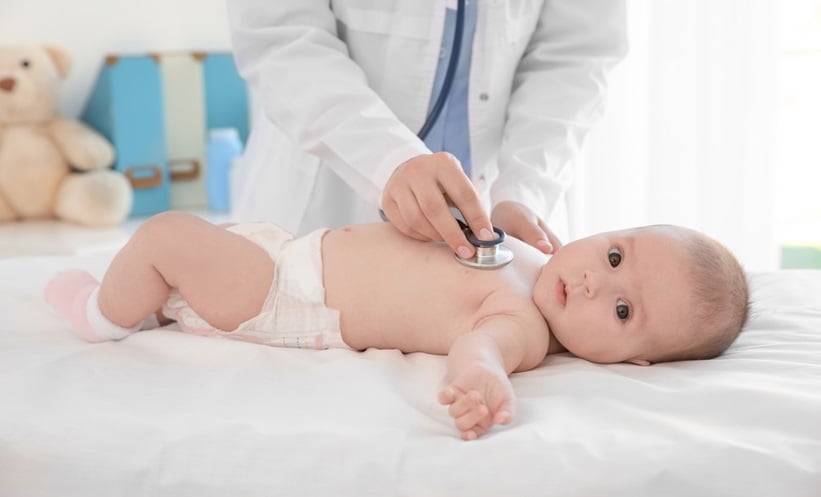CHILDREN born after assisted reproductive technology (ART) are at a higher risk of congenital heart defects (CHDs) compared to those conceived naturally according to a comprehensive study conducted across four Nordic countries. While the absolute risk remains modest, the study suggests a notable association between ART and certain severe heart conditions, particularly in multiple pregnancies.
The study analysed data from 7.7 million live births in Denmark, Finland, Norway, and Sweden over several decades, including 171,735 children conceived via ART. Researchers cross-referenced national ART and medical birth registries with health and population data to assess the prevalence of major and severe CHDs in children born after ART compared to those conceived spontaneously (SC).
The results showed that major CHDs were detected in 1.84% of children conceived via ART (3,159 cases), compared to 1.15% in children conceived naturally (86,824 cases). The adjusted odds ratio (AOR) for major CHDs in ART-conceived children was 1.36 (95% CI, 1.31-1.41), indicating a 36% higher risk compared to naturally conceived children. Severe CHDs, while less common, were also more prevalent in ART-conceived children. The study found severe CHDs in 0.35% of ART-conceived children (594 cases) and in 0.26% of spontaneously conceived children (19,375 cases), with an AOR of 1.30 (95% CI, 1.20-1.42).
The increased risk was found to be particularly pronounced in multiple pregnancies, regardless of whether the children were conceived via ART or SC. Additionally, the study found no significant differences in CHD risk between children conceived via intracytoplasmic sperm injection (ICSI) and in vitro fertilization (IVF), or between those conceived through frozen or fresh embryo transfer.
The study’s findings suggest that while ART-conceived children have a slightly higher risk of major and severe CHDs, the overall risk remains low. The researchers concluded that the increased prevalence of multiple pregnancies in ART contributes to this elevated risk, and careful monitoring of ART pregnancies may help mitigate some of the risks associated with CHDs.
Abigail Craig, EMJ
Reference
Sargisian N et al. Congenital heart defects in children born after assisted reproductive technology: a CoNARTaS study. Eur Heart J. 2024. DOI: 10.1093/eurheartj/ehae572.








